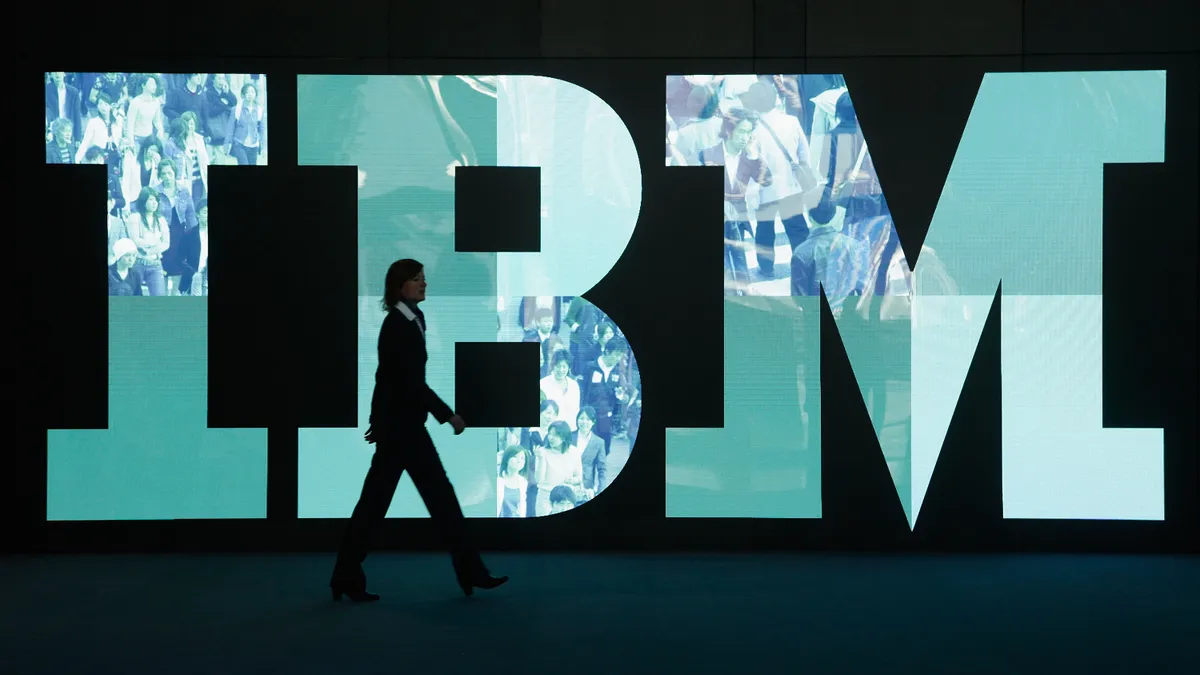Dive Brief:
- Transparency among popular providers of foundation models has generally improved over the past seven months, according to research conducted by the Center for Research on Foundation Models at Stanford University's Institute on Human-Centered Artificial Intelligence, MIT Media Lab and Princeton University's Center for Information Technology Policy.
- The May report evaluated 14 providers, resulting in a mean overall transparency score of 58 out of 100. It’s a 21-point increase from when the group assessed 10 major model developers in October, scoring a mean of 37 out of 100. All eight developers assessed in October and May evaluations improved their scores.
- While IBM’s Granite wasn’t the highest-scoring model, it trumped the other industry heavyweights, including Microsoft’s Phi-2, Meta’s Llama 2, OpenAI’s GPT-4, Google’s Gemini 1.0 Ultra and Amazon’s Titan Text Express.
Dive Insight:
Efficiency and reliability are qualities organizations prize in AI tools. But IT leaders want a look under the hood to get a deeper understanding of what makes a model tick.
“Developers are opaque about the data, labor, and compute used to build their models, they often do not release reproducible evaluations of risks or mitigations, and they do not share information about the impact their models are having on users or market sectors,” the researchers said in the report.
The researchers laid out several reasons providers neglect disclosures, including legal exposure and ceding a competitive edge. Model developers may also lack access to information collected by deployers or end users, according to the report.
“Transparency in the foundation model ecosystem has been declining for several years, and this trend is unlikely to reverse in the near term,” the researchers said.
Government agencies around the world are working against the prediction. The White House secured voluntary safety and transparency commitments from more than a dozen tech providers last year. Earlier this week, European Union member states gave a final nod of agreement for the AI Act, which includes several transparency-related stipulations.
As enterprises survey the generative AI landscape, CIOs have negotiating power to increase transparency when procuring models.
“Some foundation model developers stated that their participation was driven by requests from customers to understand the transparency of their products,” the report said. “Others mentioned that their practices related to transparency with their customers are much better compared to the data they can share publicly.”
The researchers used publicly available documentation for the October report, but reached out directly to companies for reports and proactive disclosures as it prepared the May index.
The group asked 19 companies to participate; 14 agreed.
StarCoder from BigCode, which is supported by Hugging Face and ServiceNow, scored 85 out of 100 on the index, surpassing Granite’s score of 64. AI21 Labs demonstrated the biggest transparency improvements, growing by 50 points since October and cementing second place.












